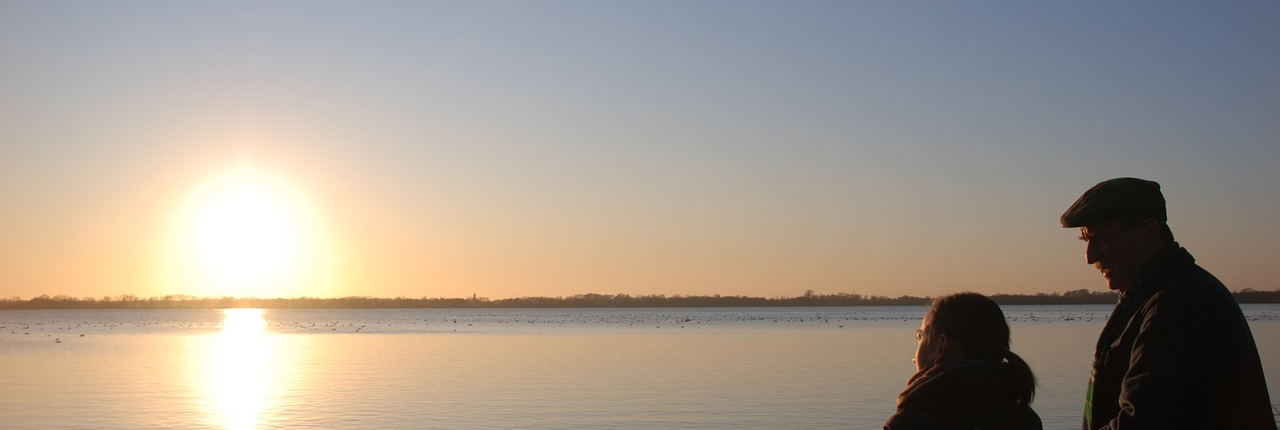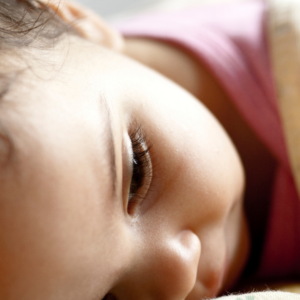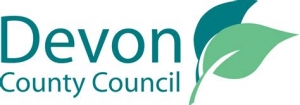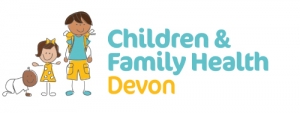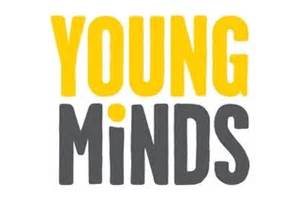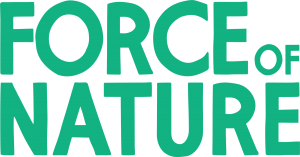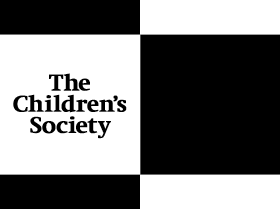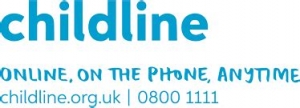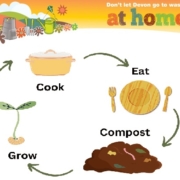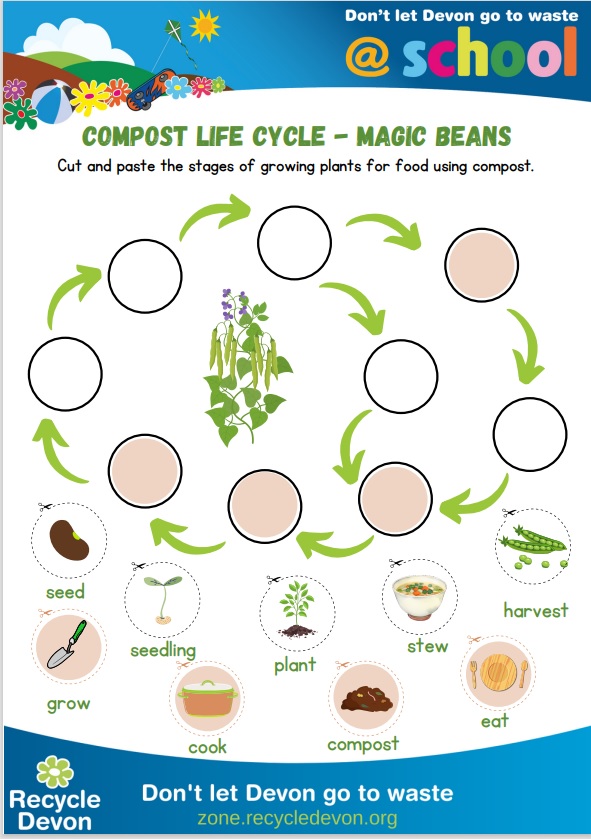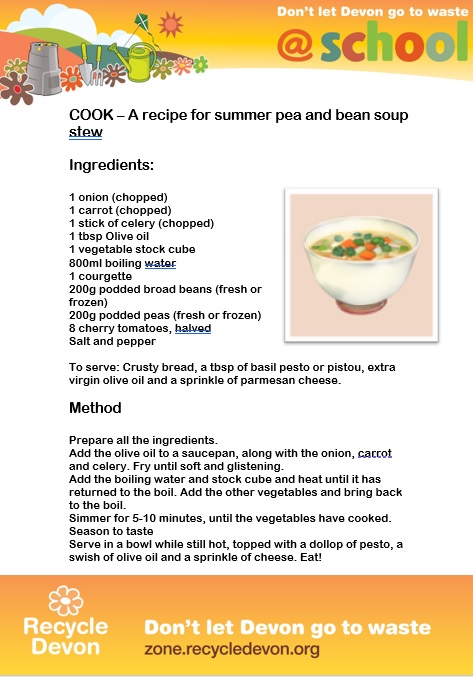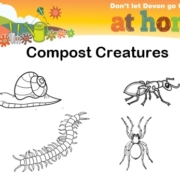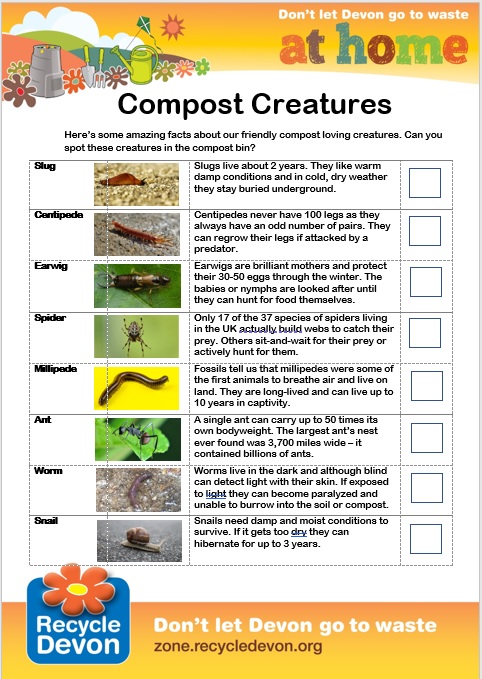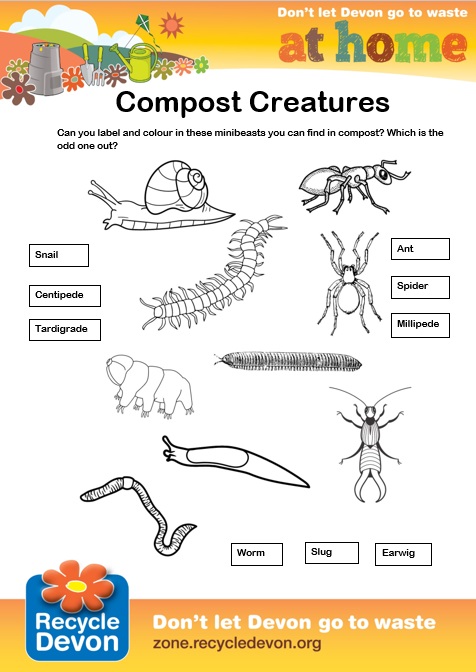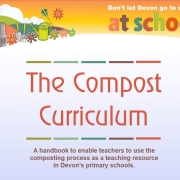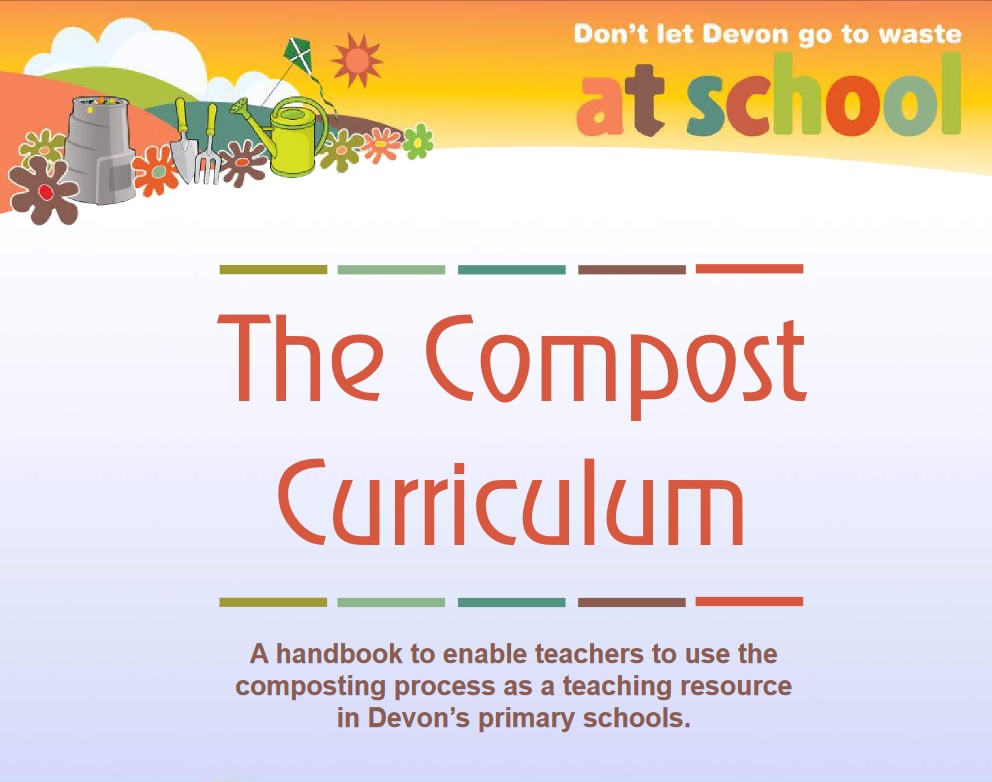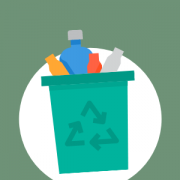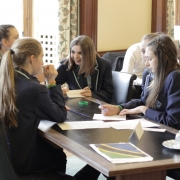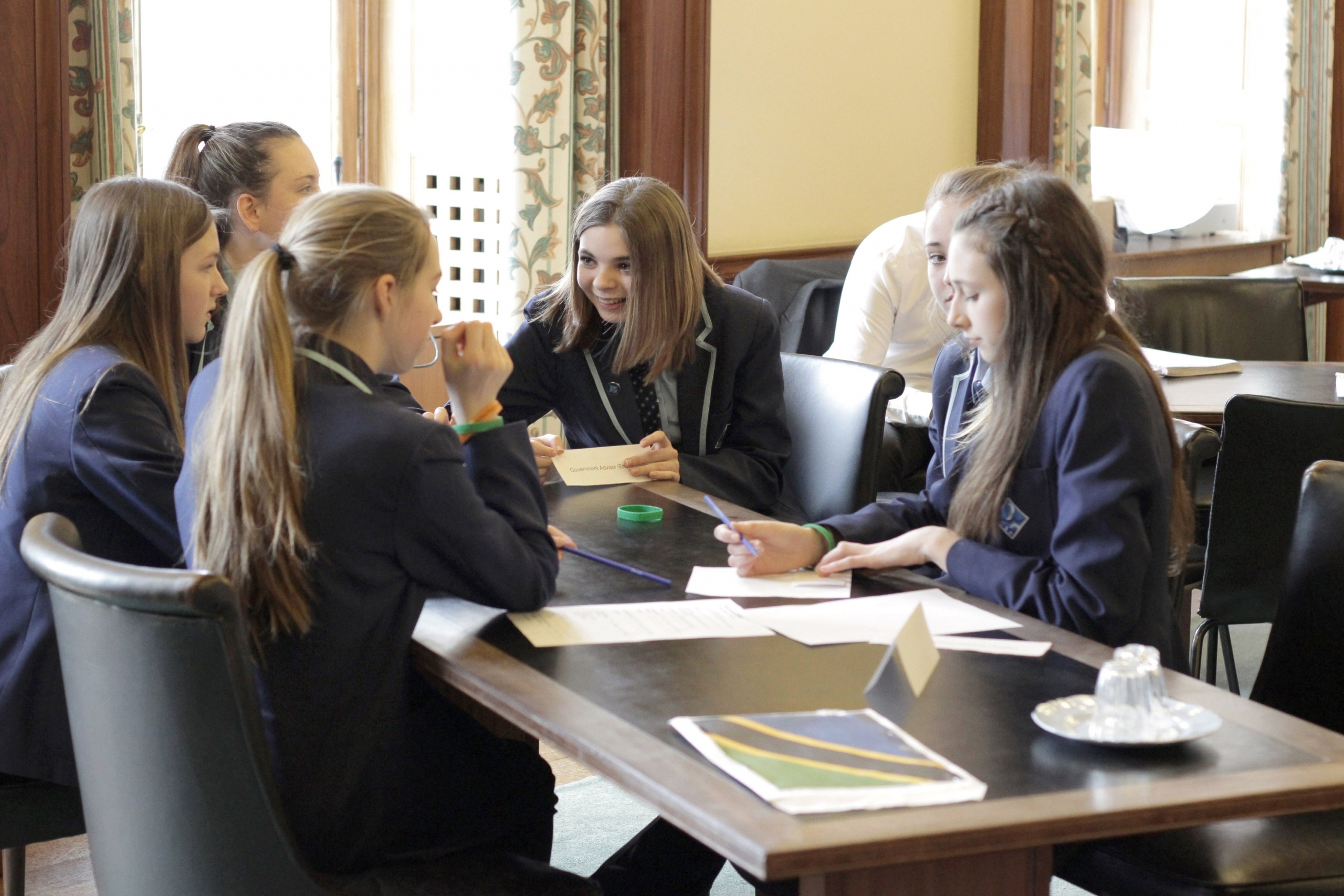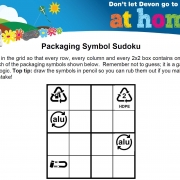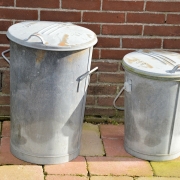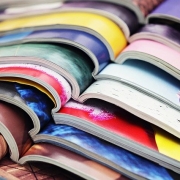Eco-anxiety
How do we help young people who feel paralysed with fear about their future? We have created this page with the links to organisations and resources with the aim to help teachers and parents understand eco-anxiety and help young people cope with the existential threats posed by our modern way of life.
Eco-Anxiety and Young People
You may have heard the term “Eco-anxiety” used recently, especially in relation to young people worried about the state of the world and worried that their future will be made much worse by climate change and environmental destruction. Listen to the podcasts below and watch the 2018 TED talk (right) from Greta Thunberg about her struggle with mental health and activism against climate change.
Immediate Help
If you are worried about the safety of a child in Devon and want to speak to someone, or if you are a child worried about your own safety, please contact the Multi-Agency Safeguarding Hub (MASH) on 0345 155 1071 or email mashsecure@devon.gov.uk and give as much information as you can.
If a child is at immediate risk contact the police on 999.
If you are a professional, you should make a MASH contact (previously a MASH enquiry). Please see the guidance on making a MASH contact.
Humans are pre-programmed to become anxious when they identify a threat. This has helped us for millennia, in producing adrenaline that helps us run fast to escape from dangerous predators like lions and tigers or freezing to hide from danger.
Young people are not immune to anxiety, in fact they may be at higher risk of exposure to threats via social media, which can also magnify their appearance through the echo chamber effect.
Unfortunately, environmental destruction and climate change are not short term problems that can be resolved quickly by running away or hiding. Waiting them out won’t work to resolve our eco-anxiety either – we have to change our own behaviours and influence change within our society to resolve them. We have to find individual ways to cope with these existential threats.
Young people feel more exposed to these issues as they have more of their lives ahead of them than older people. They know their own lives will be impacted by resource issues and climate change. This makes young people massive stakeholders in the future and more vulnerable to eco-anxiety.
Here is a playlist we think you might find useful when talking about eco-anxiety with young people:
The Solutions
The pathway from a stressed and anxious child to a calm and happy one will take time and patience, no matter what has caused the anxiety. But children are resilient creatures, so given the right help and reassurance and provided parents, teachers and other professionals work together then they should be able to navigate their path to recovery. Children may not be able to explain what is making them anxious, or it may be a combination of worries that have triggered anxious behaviour. Below are the stages to help children recover from stress and anxiety.
Noticing Anxiety in Children
Young children may not realise that they are feeling anxious or know what is causing it. Look out for the following signs:
- irritability, being tearful or clingy
- having problems sleeping
- waking in the night
- wetting the bed (especially if they were previously dry)
- having bad dreams
Older children may show different symptoms:
- lacking confidence to try new things or seeming unable to face simple, everyday challenges
- finding it hard to concentrate
- having problems with sleeping or eating
- becoming angry for no apparent reason
- having a lot of negative thoughts, or keep thinking that bad things are going to happen
- starting to avoid everyday activities, such as seeing friends, going out in public or going to school
Talk to the child
There may be a simple explanation for anxiety and it may be easy to resolve the problem, for example worrying about appearing in a school play or worried about changing seat in the classroom. The important thing is to reassure them and explain that you understand.
It may be a good idea to explain what lies behind their body’s response to their worrying about something. There are some lovely videos on Youtube that may help (see our Eco-anxiety playlist on Youtube).
Find solutions
Anxiety about climate change and the plastic pollution problem can feel overwhelming, but there are ways to help alleviate those feelings of helplessness. Many children are turning to activism to help them feel less anxious about the future.
Greta Thunberg is a great example. She was paralysed by Eco-anxiety, but found her voice on the world stage by striking from school every Friday. You don’t have to become an internationally recognised activist to make a difference – see our Local Action pages some ideas of ways to help in your local community.
Further help
If the child or teen becomes increasingly unwell due to anxiety then it is time to ask for professional help. The organisations listed on the right hand side of the page here will be able to offer support and guidance. Young people should never feel that they are alone in mental health issues and asking for help is the first step to getting well again.
Further Reading & Resources
This is the place to gain access for advice and support for children and young adults with mental health issues in the county of Devon. They provide help for children and young people experiencing problems with emotional or psychological wellbeing or mental health.
Young Minds are a charity leading the fight for a future where all young minds are supported and empowered, whatever the challenges. They are trying to make sure young people get the best possible mental health support and have the resilience to overcome life’s difficulties.
We empower young people to turn their eco-anxiety into agency, and work with leaders across business and education to drive intergenerational solutions.
A brilliant website dedicated to Eco-anxiety in young people, with links to news and resources to help cope with the world in light of the climate and biodiversity emergency facing us all.

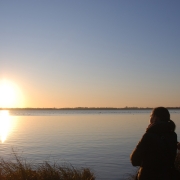 Pixabay
Pixabay